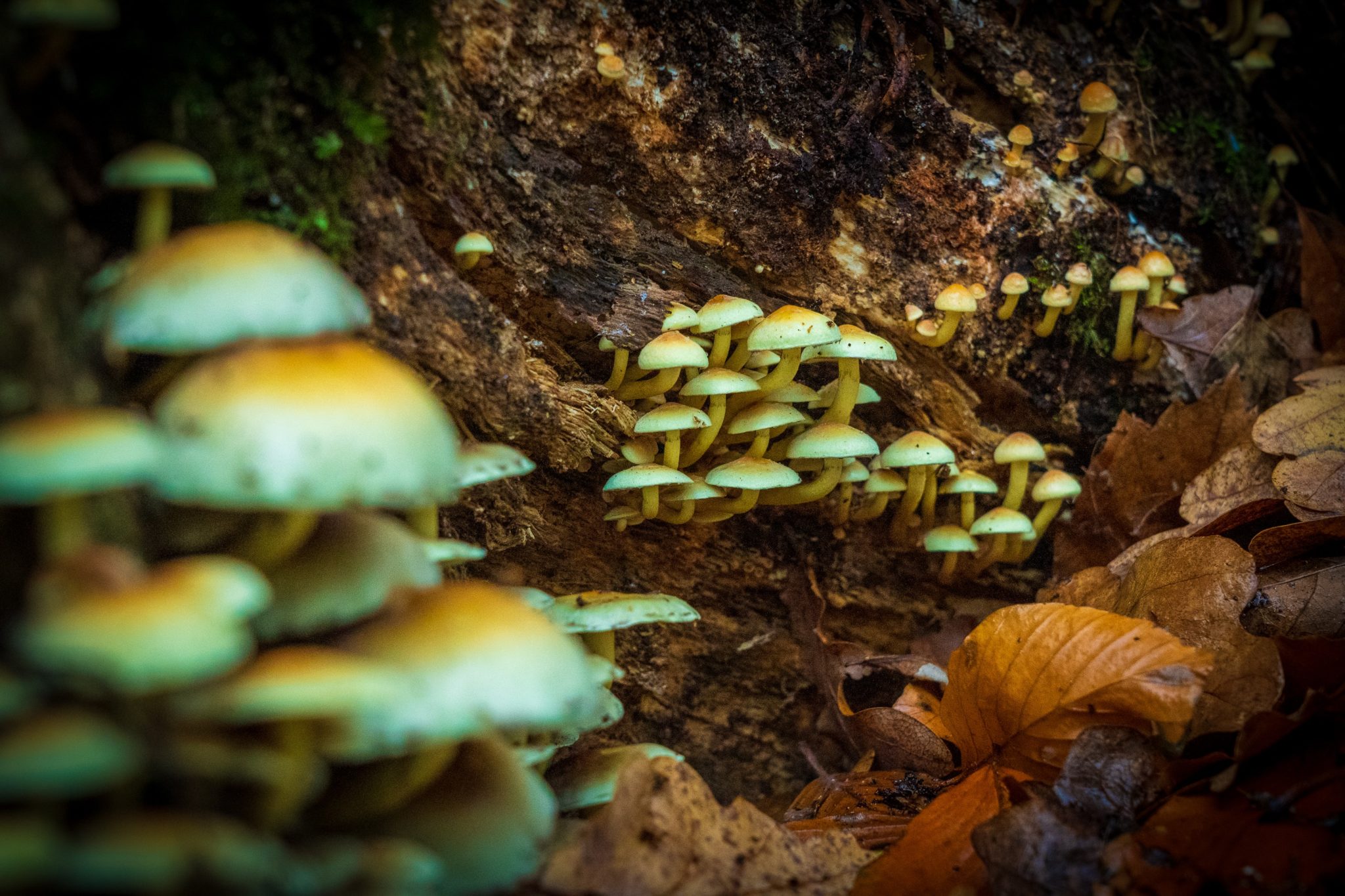- Opinion
- 04 Nov 22
Largest study on magic mushrooms finds huge progress for clinical depression

All 233 of those participating in the study had not responded to traditional antidepressant treatments.
The psychedelic compound found in magic mushrooms, psylocibin, can help alleviate severe depression when combined with psychotherapy.
The largest trial ever undertaken on the hallucinogenic subject raises hopes for people with clinical depression failed by existing antidepressants.
The phase 2b clinical trial recruited 233 patients with resistant depression and randomly assigned them to receive a single capsule of either 1mg, 10mg or 25mg of synthetic psilocybin called Comp360.
Nearly a third of patients (29.1%) with severe depression went into rapid remission after a single 25mg dose of psilocybin followed by therapy sessions, which aimed to help patients identify causes and potential solutions to their depression, researchers said.
At 12 weeks, benefits persisted in a fifth of those in the high-dose group, compared with one in 10 in the lowest-dose group.
In the trial, patients took the drug and were supervised for six to eight hours while their “trips” lasted. They wore eye shades and listened to calming music playlists while a therapist made sure that they remained out of danger.
Patients on the trial described the feeling of being in a “waking dream” when they took psilocybin, a short-lived experience that wore off before they went home. The increased connectivity in the brain appears to be a more enduring effect, lasting a few weeks and potentially making the brain more open to therapy.
When the brain is in a more flexible state, it opens what many psychologists consider to be a therapeutic window of opportunity. The rapid effect of psilocybin suggested it was disrupting negative cycles of rumination in the patients, effectively acting as a “reset” on the brain.

The results from the trial examining psilocybin and depression were described as “exceptional” by Prof Guy Goodwin, the chief medical officer at Compass Pathways, the mental healthcare firm that led the trial conducted at 22 sites across the UK, Europe and North America.
“Response rates in this group with treatment-resistant depression are usually between 10 and 20%,” Goodwin said. “We are seeing remission rates at three weeks of about 30% … that is a very satisfactory outcome.”
Scott Aaronson, a Principal Investigator on the trial added: “Over 100 million people around the world suffer with treatment-resistant depression, and haven’t found relief from existing therapies.
“With every new treatment, the chance of responding decreases significantly, and patients become more hopeless.” he continued. “Yet in this study, a substantial number of patients experienced improvement in their symptoms of depression, with effects lasting for up to three months.”
A larger phase 3 trial that will explore the effects of two doses of psilocybin is due to start later this year.
Psylocibin is the most significant active ingredient found in magic mushrooms. The drug, which causes hallucinatory effects, is illegal to possess or sell, and is listed as a Class A drug.
Inside the body, psylocibin is broken down into a substance called psilocin, which releases waves of neurotransmitters in the brain. MRI scans show that brain activity becomes more chaotic on psilocin, with different regions of the brain talking to each other more than usual.
An estimated 100 million people worldwide have treatment-resistant depression, defined as a major depressive disorder that has not responded to at least two antidepressant treatments. About half of those affected are unable to perform routine daily tasks.
Ketamine infusions are also successfully being used to treat severe depression, acute pain and now chronic pain.
Samaritans Ireland: Freephone 116 123
RELATED

- Opinion
- 16 Dec 25
The Irish language's rising profile: More than the cúpla focal?

- Opinion
- 13 Dec 25








